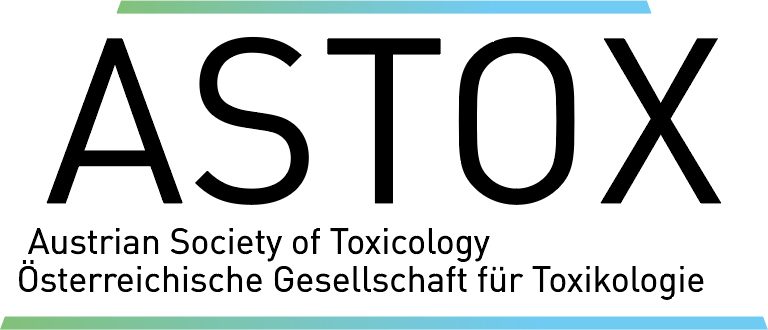
Tasks of Toxicology
Toxicology is the study of the harmful effects that chemical substances can have on humans and the environment (animals, plants, ecosystems). The prediction and prevention of such effects is its most important task today. In this sense, toxicology is the science of the safety of chemical substances. Also important are the „classical“ tasks such as diagnosis and therapy of poisoning and the recognition or progression of environmental damage. In the past, certain chemical substances have repeatedly caused severe catastrophes with health damage and death, e.g. at workplaces or in industrial accidents, as pharmaceuticals, and by contaminating food, air and water. Severe damage has also been caused to the environment, resulting in the extinction of many animal and plant species and ecological disruption, among other things.
In order to prevent such damage as far as possible, toxicological research has been intensified. With the help of modern scientific methods from chemistry, biochemistry, cell and molecular biology as well as in silico techniques, reliable procedures for the timely detection of possible harmful effects could be developed. Today, new chemical substances must be subjected to such tests. Analogous tests of the many „old substances“ and countless natural substances are urgently needed. While such tests have been started, they will still require much time and effort to be completed. Thanks to the application of these tests, improved assessment of unavoidable risks, and regulatory measures (use restrictions, bans, etc.), the frequency and severity of chemical-related damage and disasters have been drastically reduced in the last three decades.
Even with that, the the tasks of toxicology are not solved entirely. Ongoing tests of existing and natural substances are joined by challenges posed by novel substances (e.g., nanoparticles) that require entirely new approaches. Advances in neighboring sciences including techniques of data processing are to be used for the development of new toxicological methods to identify the chemical causes of many diseases, including cardiovascular diseases and cancer, to enable further reduction and avoidance of animal testing, to improve environmental protection, and much more.
Disclaimer
The contents of this site are intended for informational purposes only. ASTOX and the board members do not take over guarantee for the correctness and completeness of contents. ASTOX and the board members accept no responsibility with regard to possible errors, omissions, or misinterpretations in these pages or those referred to. ASTOX and the board members assume no liability whatsoever for any damages arising out of or in connection with the availability and/or use of the ASTOX website or any information available on this website.

